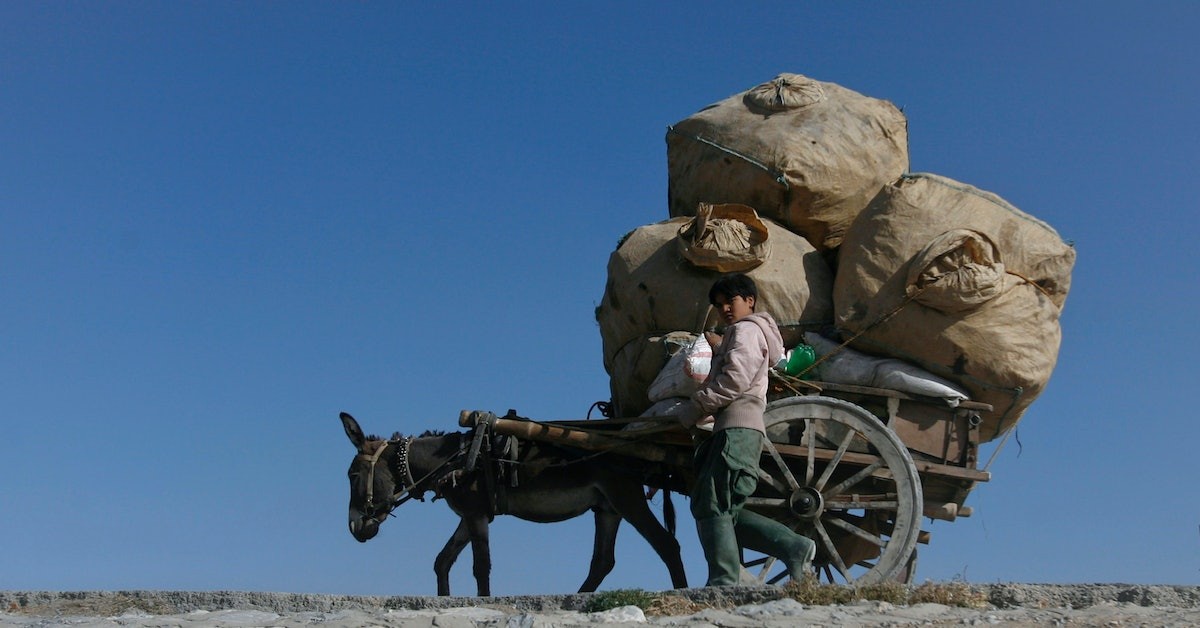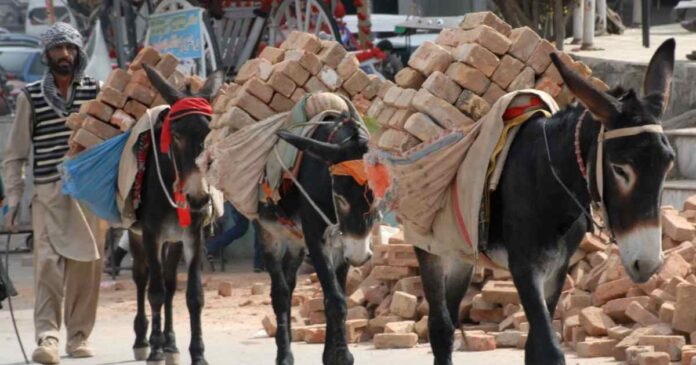To many in Pakistan, donkeys are more than animals. They are lifelines. Gulzar, a 50-year-old labourer in Karachi, relies on his donkey to carry iron around the city. He makes as much as Rs1,600 a day, almost half of which goes towards the upkeep of the animal.
Like hundreds of others, Gulzar is concerned about increased costs, high mortality rates, and reduced availability of healthy donkeys.
A Booming Global Demand
While prices soar at home, the demand originates in China. The thriving ejiao industry in China, valued at billions, is built on donkey hide-derived gelatin.
The ingredient, well-known in traditional Chinese medicine, promises to cure fatigue, enhance immune function, and aid in blood deficiency, primarily among women.

With China’s donkey population dwindling by 80% in the last three decades, it looked towards imports. Following the banning of the donkey skin trade by African countries, China’s next big supplier happened to be Pakistan.
China’s Eyes on Pakistan’s Donkeys
Pakistan exported a total of more than 157,000 hides to China legally in 2023 alone. Chinese businesses now also wish to establish donkey farms within Pakistan, hailing the climate for breeding. This will also further strengthen the economic relationship between the two countries
A written proposal is currently being discussed, and officials indicate that it would be a source of employment and tax income.
However, this commerce is not consequence-free.
Threat to Local Communities
About 36 million Pakistanis rely on equine labour. Donkeys support work in agriculture, waste collection, transport, and brick kilns. Removing these animals from the local areas to export would destroy livelihoods.
Dr. Sher Nawaz from Brooke Pakistan shared stories of families who rent donkeys just to survive. “Losing a donkey often means losing your only income,” he said.
For most owners, donkeys are not an asset—they’re friends. Some won’t even sell them to Chinese buyers. Cultural and ethical tensions increase as slaughterhouses open close to areas such as Gwadar, for export purposes only.
Pakistan has no strong legal safeguards for donkeys. Current animal welfare laws were enacted in 1890 and provide little more than minor penalties for cruelty. Meanwhile, infections such as anthrax and equine flu pose public health risks from uncontrolled slaughter.
A Call for Sustainability
Experts say Pakistan needs to create sustainable breeding and health infrastructure first before trade is enlarged. Others advocate alternatives such as laboratory-cultured collagen to relieve the pressure on donkeys.
But ejiao’s cultural heritage might make it difficult to accept.
In this struggle between tradition, economy, and survival, one thing remains certain: the humble donkey is at the heart of a global and ethical conundrum.
Stay tuned to Brandsynario for latest news and updates







































